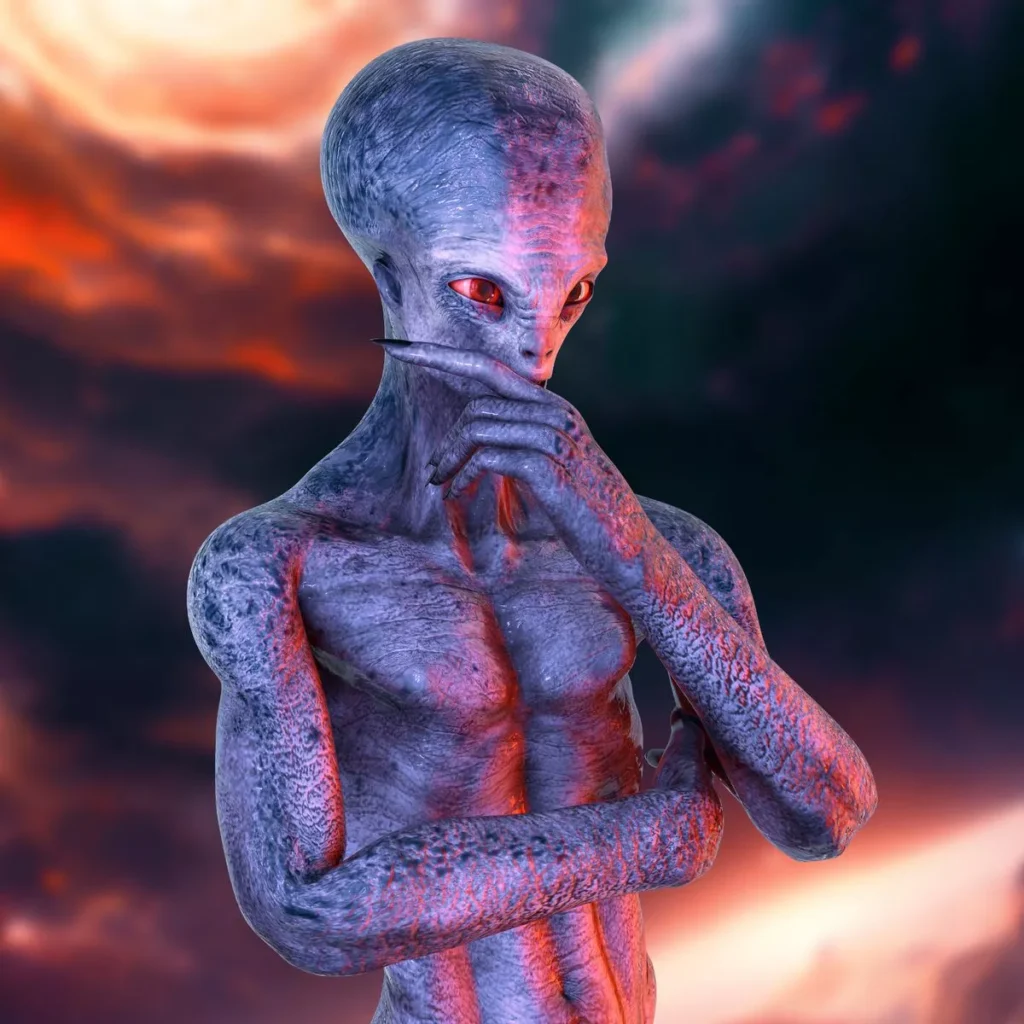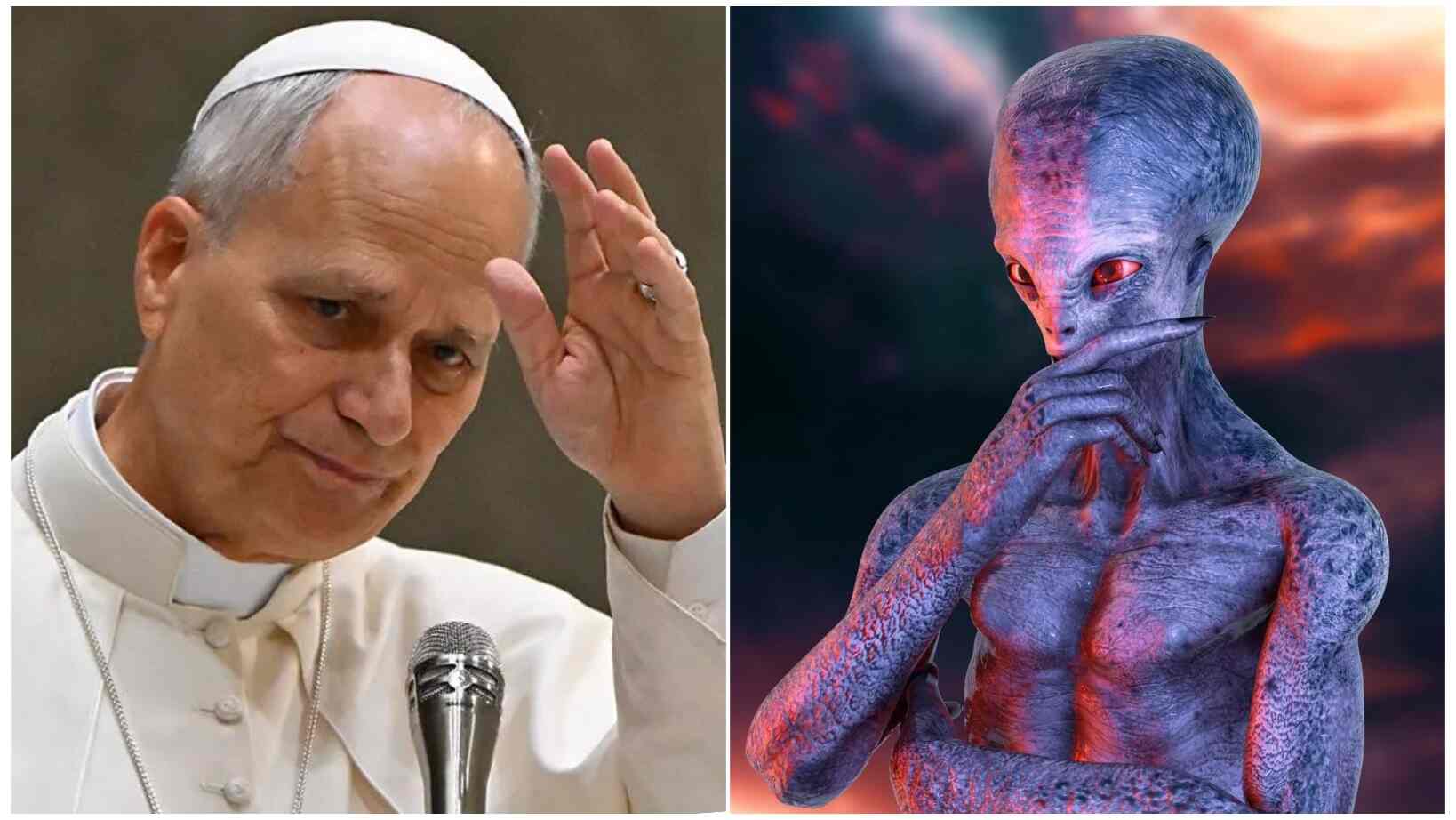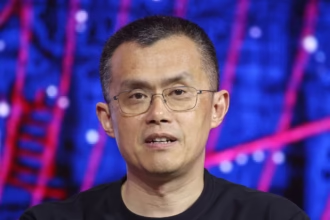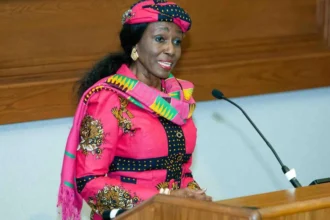VATICAN CITY — The Vatican’s newly appointed chief astronomer, Father Richard D’Souza, says he would not hesitate to baptize an alien, describing any potential extraterrestrial beings as part of “God’s creation.”
Father D’Souza, 47, who now leads the Vatican Observatory in Castel Gandolfo near Rome, acknowledged that a confirmed discovery of intelligent alien life would challenge religious understanding but insisted that the Catholic Church could adapt.
“Yes, yes. Theology would have to reimagine itself and take into consideration these other beings,” he said. “They are all part of God’s creation. They would be children of God. I believe in a benevolent Creator. He is behind everything.”
The India-born Jesuit priest, who studied physics and theology before joining the Vatican Observatory in 2016, was appointed as the Pope’s top astronomer by Pope Leo XIV. His new role places him at the intersection of faith and science—a space increasingly relevant as the global search for extraterrestrial life accelerates through major space exploration programs.

D’Souza admitted that performing an alien baptism could pose practical challenges.
“We do believe that baptism has to be in presence,” he explained. “The question would be how to reach them or how they would reach us. These are the practical problems to solve before we even talk about baptism.”
A self-described “galactic archaeologist,” D’Souza researches how galaxies evolve and what they reveal about the universe’s origins. His achievements in astrophysics have earned him the honor of having an asteroid named after him—D’Souza 27397, a vast rock roughly the size of Manhattan orbiting between Mars and Jupiter.
“It was a nice feeling, it is an honor,” he said. “Asteroids are the only things you can name after a person. I have discovered galaxies but I can’t name them after myself or indeed anybody else. That’s the convention.”
He also compared his scientific work to that of an explorer. “I become a galactic archaeologist and I try to infer the past history of a galaxy,” he added
As space agencies push further into interplanetary research, D’Souza expects humanity may find evidence of alien life within the next three decades.
“We have historically looked for signals coming from outer space and over the last 30 years we have found none. None,” he said. “Science is pushing for that.”
While discovery of extraterrestrial intelligence remains uncertain, D’Souza’s openness signals the Catholic Church’s willingness to engage in conversations about science, faith, and the possibility of life beyond Earth — a discussion that could reshape theology in the 21st century.











